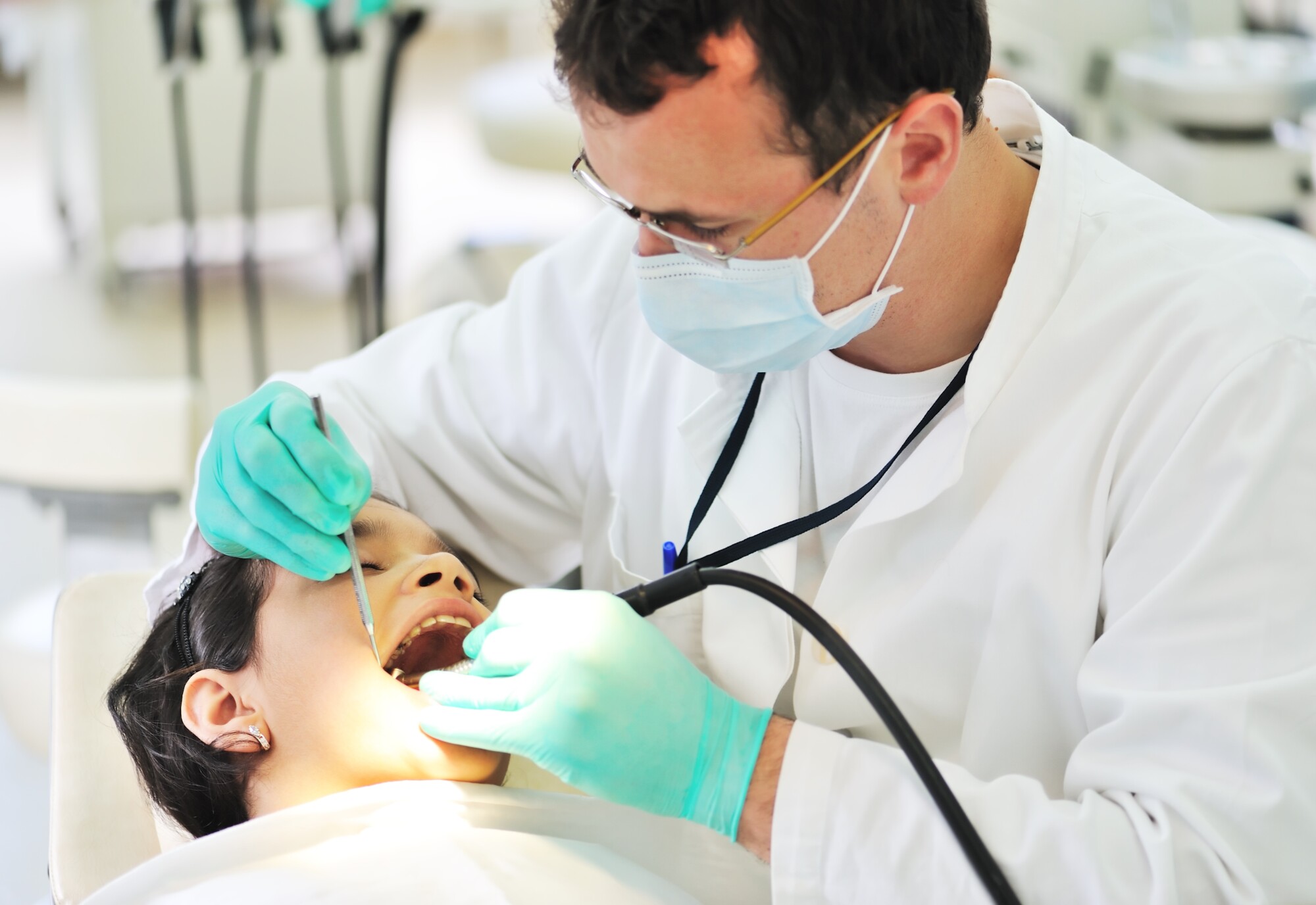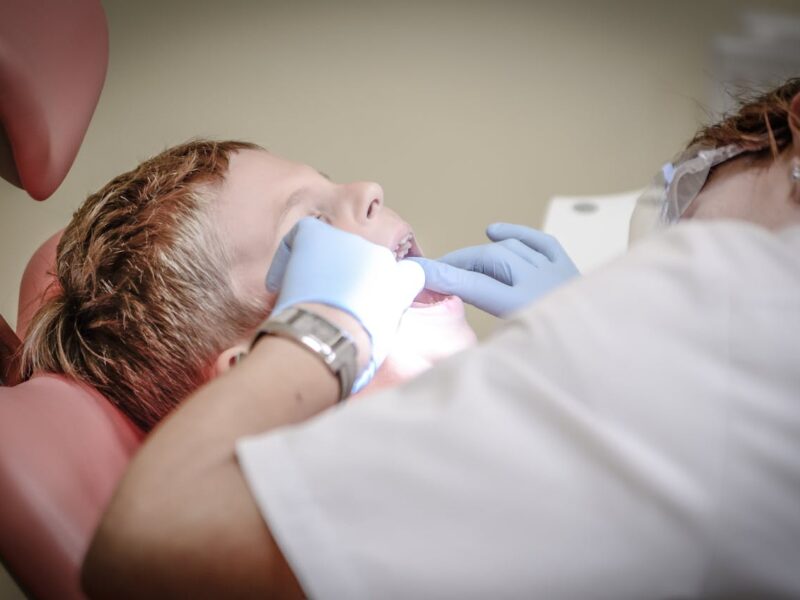Among all the decisions you face in treating your mouth with proper care, dental implants are a real gem. You feel invigorated and ready to enjoy pain-free eating and speaking, right?
When you have a dental implant, you should also have a dental implant care plan. Taking care of your dental implants is necessary if you want them to last. If you are like most, you may wonder if your mouth can prevent oral care habits.
However, with any major medical procedure, there’s a lot of care you’ll need to give your body as well as your mouth to ensure a positive outcome. Calm down, you can easily avoid these errors when you know what to look for.
We’ll share a few common errors with dental implant care and how to avoid them so you can be on your way to dental implant smooth sailing.
Keep reading to learn a few things you might be doing wrong and how to fix them.
Contents
1. Neglecting Oral Hygiene
Neglecting oral hygiene is one of the most common errors with dental implant care and should be avoided as it can lead to complications such as infection and soft tissue damage. Poor cleaning around the implant can lead to plaque build-up, causing gingivitis and eventually leading to peri-implantitis.
Brushing twice a day and flossing once a day will help to keep your gums and implant clean and healthy. Additionally, chewing and sucking on hard objects, such as ice or caramels, should be avoided.
They can cause premature loads to your dental implants, which can cause fracturing and displacement of the implant. Don’t settle for less when it comes to dental implants. The best implant dentists found here are just a click away.
2. Not Following Post-Operative Instructions
Incorrectly caring for dental implants after the operation can lead to serious complications. Patients should follow their dental implant care guidelines from the dentist regarding rinsing and brushing, and taking the antibiotics prescribed. In addition, people should take steps to avoid trauma to the surgical area.
This means avoiding restrictive clothing, playing sports activities, and clenching or grinding the teeth. It is also important to avoid hard, crunchy, and sticky foods for the healing period. It is also vital to attend all scheduled post-operative so that the dentist can monitor any signs of infection or other problems.
3. Chewing on Hard Foods
People with implants should wait until the healing process is complete before attempting to eat hard foods. If done too soon after implantation, the implant might be loose or moved out of place. The implant may also be prone to breakage if not cared for properly. To avoid this, individuals should stick to a soft food diet while they heal and avoid chewing on hard foods such as popcorn kernels, hard candy, nuts, and ice cubes.
Doing this will ensure that their implants are properly cared for, and their overall oral health is maintained. Eating healthy foods in moderation is also important for keeping a healthy mouth free of any dental implant failure. Additionally, visiting a dentist for regular cleanings is essential for the upkeep of dental implant health.
4. Smoking or Using Tobacco Products
Smoking or using other tobacco products can have a serious effect on the healing process for dental implants and can decrease the chance of a successful outcome. Heavy and light smokers are more likely to experience implant failure or complications during the process, and in some cases, implants may not even be an option.
The nicotine in the smoke restricts blood flow to the implant area, which can slow down healing and create a higher risk of infection. To avoid the complications of smoking with implants, the best option is to quit smoking in order to decrease the number of harmful toxins in your body.
5. Skipping Regular Dental Checkups
One of the most common errors with dental implant care is skipping regular dental checkups. Without these regular checkups, individuals with dental implants can make their implants more susceptible to infection and failure. Failing to receive professional cleanings to clean around and underneath the implant can also lead to decay and gum disease and ultimately cause the implant to fail.
It is also important to practice good hygiene while protecting the implant from trauma, such as grinding the teeth at night or eating foods that can cause damage. Avoiding these regular checkups can lead to implant failure and significant expense.
6. Grinding Teeth
Bruxism, commonly known as grinding the teeth, can contribute to implant failure because it puts a lot of pressure on the crown and the bone surrounding it, thus loosening the implant. To avoid having this issue, it is important to practice preventative measures, such as avoiding excessive tea and coffee or limiting alcohol intake, as these can cause muscle tension in the jaw.
Additionally, wearing a nightguard or dental splint can help prevent the grinding of the teeth. If symptoms of bruxism still exist, use relaxation methods such as deep breathing and listening to soothing music to calm the muscles. Lastly, visit a dentist regularly to have the implants regularly monitored and adjusted to prevent any further damage.
7. Delaying Treatment for Complications
Delaying treatment for complications related to dental implants can cause a number of issues, which can lead to even more serious problems down the line. Common errors to avoid include failing to follow up regularly with your dentist, not brushing and flossing every day, and not visiting the dentist for routine exams and maintenance.
If a complication arises, do not wait to schedule an appointment and begin a treatment plan. If you do wait, the issue could worsen and require more extensive treatment. Additionally, if you don’t follow your dentist’s instructions for aftercare and cleaning, plaque and bacteria can accumulate and cause your implant to fail.
Start Avoiding Common Errors with Dental Implant Care
Dental implant care must be done properly to ensure long-term results and help in avoiding any common errors and issues. Research the correct cleaning methods for your implant and ask your dentist about specific instructions for your oral hygiene routine. Regularly and accurately caring for your implant plays an important role in keeping your teeth strong and healthy and ensuring their longevity.
For more articles like this, be sure to visit our website!



